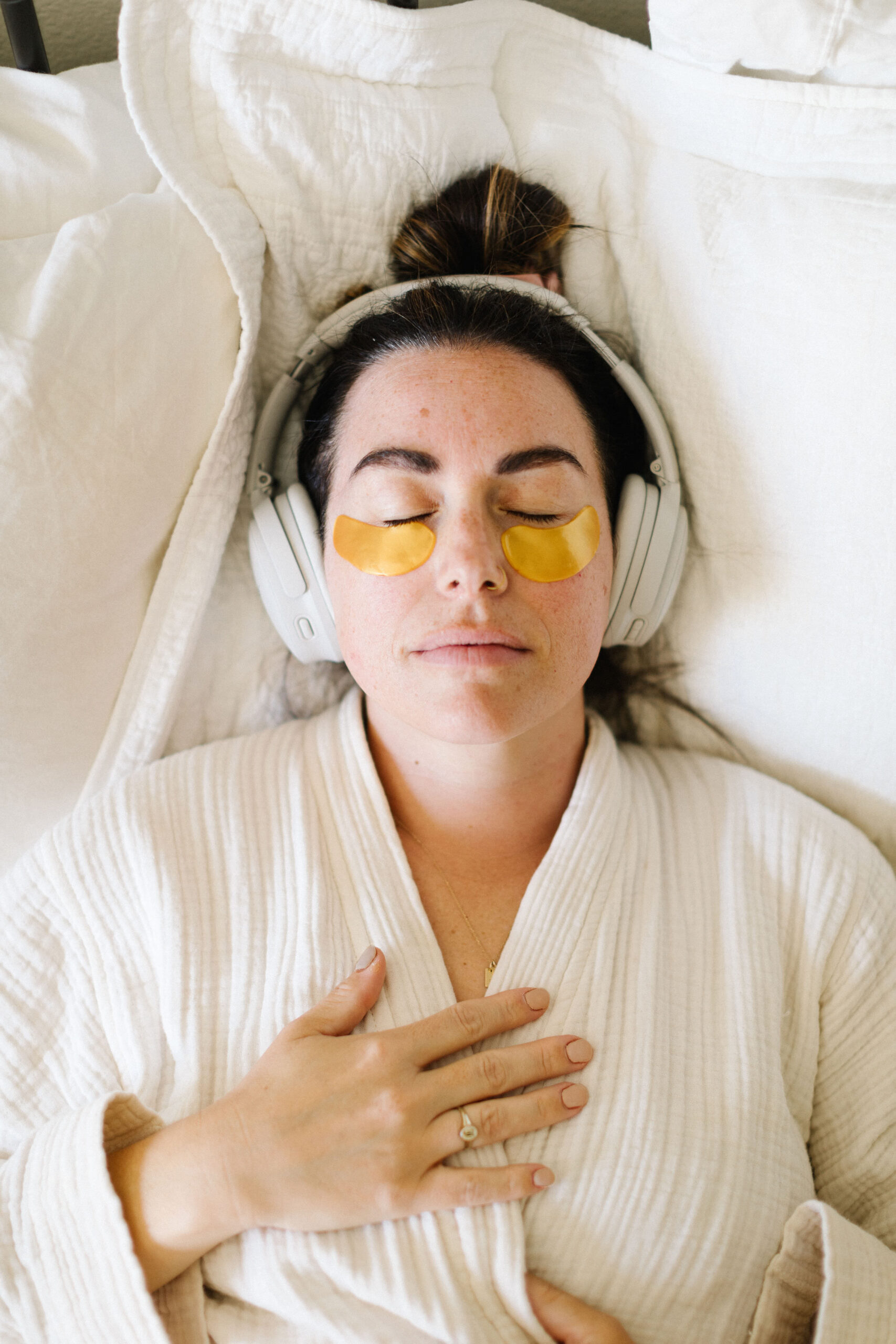Globally, the pandemic has pushed many of us into a virtual space: virtual meetings, virtual hang-outs, and even virtual birthday parties. Zoom Fatigue is a new phenomenon that’s gained traction. Now that so many people are spending time at home during quarantine the long list of zoom meetings can cause literal fatigue.
Living life on Zoom is taking a toll. The unprecedented explosion of video-calling interfaces in response to the pandemic has shown us (on a global scale) what’s always been true: virtual interactions can be extremely difficult on the brain. But fear not, there are ways to combat the negative effects while still getting the most out of your video-calls.
Why “Zoom Fatigue” is Taxing the Brain
The way we communicate with one another is much more complicated than you might think. During an in-person conversation, the brain focuses only partly on the words being spoken. It also retrieves additional information from many non-verbal cues, such as whether someone is fidgeting while they talk, how close they are sitting to you, whether someone is facing you, and so on. These various cues help tell us what is being conveyed and what’s expected in response from the listener. Humans have evolved using this type of interaction so perceiving these cues is second nature for most of us. It happens with little effort and is almost unnoticeable.
However, video calls make this extremely difficult, if not impossible. A video call requires intense attention to the words being spoken because it is hard to view hand gestures and other body language when you can only see your fellow callers from the shoulders up. Your brain may try to catch up by paying super close attention to the people speaking. This can build up to fatigue.
Looking and listening to a screen all day can also cause brain fog. We blink less when staring at the screen. This can leave our eyes irritated and dry. It can also be distracting and uncomfortable to see your face for hours on end. Multi-person video calls exacerbate this exhaustion because it challenges the brain’s central vision. Having to focus on so many people at once can be disorienting. The end result is that you can’t focus on anyone meaningfully. Overall, the brain becomes overwhelmed by unfamiliar excess stimuli and constantly searching for non-verbal cues that aren’t easily identified.
The Positive Aspect of the Zoom Phenomenon
There is a positive side to everything if you choose to look at life that way. For instance, video chatting has been a saving grace for so many. It has allowed us to have human connection on-demand, especially when an in-person connection is not an option. We can have long-distance relationships, work remotely from home while being with our families, and catch up with our grandparents and others who are the most isolated during our current situation. New technology and ways of communicating are nothing short of miracles – we just have to be mindful of how we adapt to new circumstances in a way that is most beneficial for our mental and physical health.
5 Ways to Avoid & Recover from Zoom Meetings
Although we can’t change the circumstances we are in, we can change how we show up during the workday and during our free time to avoid Zoom fatigue. Here are 5 tips to help with your back-to-back video calls.
Move Your Body
Get up and stretch or walk around between meetings to get your blood flowing! We aren’t meant to be sedentary 24 hours a day. I recommend getting up every 45 minutes for a walk or stretch. You can also shift between sitting and standing or try using a standing desk (or another surface like your kitchen counter) during a meeting. Even if you need to take a break during a meeting to stretch you can always turn off your camera for a quick stretch break.
Practice the “20-20-20” Rule
Look at something other than a screen that’s 20 feet away for 20 seconds every 20 minutes in order to avoid eye strain. This will also help anchor you back into the present moment and make you feel more grounded throughout the day. Our eyes can dart back and forth a lot. We can also often end up staring at ourselves. By keeping an eye on your focus you ensure that you can avoid some of the strain on your brain and eyes.
Adjust your Zoom Call View
Instead of a gallery view where you can see everyone at once, shift to “Speaker View” so you only have to focus on one person at a time. With this view you’ll only focus on the person speaking. Also, if it is distracting to look at yourself for hours on end, use a Post-It note to cover up that portion of the screen. Staring at yourself is disarming. The more you can avoid it the easier it will be to avoid Zoom fatigue.
Switch up your Location
Try to make where you work feel different from where you live. This might sound a little difficult if you live in a studio apartment or other small space. But this can be as simple as changing the room’s lighting once you’re done with work, or taking away extra blankets or pillows during work hours. This can help with posture and alertness. My favorite thing to do at the end of a workday is light my Serena Loves Candle. It gets me into a zen space so I feel relaxed and ready for bedtime. By setting up a separate work space you ensure you can “turn off” the work day and relax.
You can always say NO
One positive thing about this pandemic is people are becoming more understanding and empathetic about mental health and the importance of prioritizing it. We live in a culture that rewards people who don’t sleep, are constantly go-go-go,and who focus on work. Time has shown us that slowing down and tuning out has to have a place in our lives. With that being said, don’t be afraid to turn down social invites for video calls. In addition, if you constantly have work calls on Zoom and are feeling overwhelmed – turn your video off and just do audio for a less draining experience – just show up the best you can depending on the day.
Zoom fatigue is a natural part of our growing reliance on technology. It’s great to be able to have calls with people all over the world and to work from the comfort of anywhere. But if we let them, the constantly growing list of Zoom calls can leave us drained. Remember to take time to refocus, center yourself, and focus on keeping your energy vibrant. There’s no reason to let a need to be online leave you running dry.
XO – Serena
by





